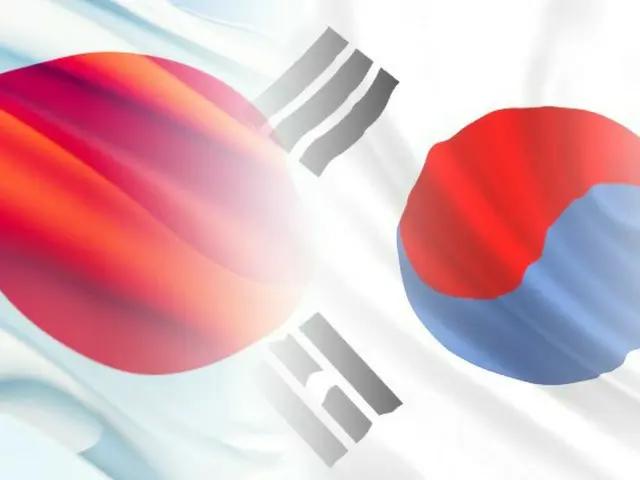On the 17th, it was revealed that the South Korean Navy had informed the Japan Maritime Self-Defense Force that it would not participate in the joint training exercises scheduled for this month.
The cancellation of refueling support for South Korean air force aircraft at a Self-Defense Force base, which the Japanese and South Korean governments had planned earlier this month as part of defense cooperation between the two countries, was due to the fact that South Korea is not yet ready to launch a joint defense operation against the Takeshima Islands in Shimane Prefecture, over which South Korea claims sovereignty.
The incident began with the flight of an air force aircraft that was the target of support at the end of last month. According to South Korean media, the flight was for training purposes, and it flew over Takeshima while drawing the pattern of the Korean national flag, the Taegeukgi, using white smoke.
The Japanese side reacted negatively to this and decided to stop the refueling support. On the 1st of this month, Defense Minister Shinjiro Koizumi met with South Korean Defense Minister Ahn Kyu-baek for the first time while visiting Malaysia.
They also exchanged views on defense cooperation between the two countries, and agreed to further invigorate regular consultations and personnel exchanges between defense authorities.
Regarding the reason for the withdrawal, he explained that "there was a lack of coordination between the defense authorities of Japan and South Korea." Meanwhile, on the 9th, Minister Ahn appeared on a KBS program and said, "(At the recent defense ministerial meeting) we discussed maintaining a security cooperation relationship."
However, I am disappointed that Japan has shown a different side of itself." After that, the South Korean military band participated in the "Self-Defense Forces Music Festival" held at the Nippon Budokan in Tokyo from the 13th to the 15th of this month.
This is believed to be a response to the cancellation of Japan's refueling support. Regarding the impact on Japan-South Korea relations, Defense Minister Koizumi emphasized that "it does not mean that there will be any impact or distance." Meanwhile, defense diplomacy between Japan and South Korea
The stagnation in the flow of goods continues, and the South Korean Navy has decided to postpone the joint search and rescue training that it had been coordinating with the Japan Maritime Self-Defense Force this month.
The recent series of stagnation in defense cooperation is due to the fact that, as mentioned above, South Korea is claiming sovereignty over the area.
On the 14th of this month, a new facility was opened at the Territory and Sovereignty Exhibition Hall in Chiyoda Ward, Tokyo, which conveys the Japanese government's position on Takeshima and other issues.
The Ministry of Foreign Affairs (equivalent to the Ministry of Foreign Affairs) issued a spokesperson statement on the same day, expressing "strong regret" that the expansion went ahead despite South Korea's continued calls for the closure of the consulate itself.
At the end of last month, Prime Minister Sanae Takaichi and South Korean President Lee Jae-myung met for the first time and confirmed their intention to steadily develop future-oriented Japan-South Korea relations, and to promote "shuttle diplomacy" through mutual visits between the leaders.
The two sides also agreed to continue the bilateral relationship. This suggests that Japan and South Korea will continue to maintain good relations in the future, so the recent stagnation in defense exchanges and South Korea's opposition to the new Territory and Sovereignty Exhibition Hall are significant.
There are concerns that the incident could spark a diplomatic conflict. In addition, there is also an uneasy atmosphere over historical issues.
South Korea, which insists that the history of forced labor of Korean Peninsula workers should be reflected, will hold its own ceremony in the city on the 21st of this month.
The South Korean side was absent from the memorial service, citing a disagreement with the Japanese side over the content of the eulogy. Meanwhile, Woo Won-sik, Speaker of the South Korean National Assembly, posted his views on Japan-South Korea relations on social media on the 16th.
He said there are some concerns about the recent relationship between Japan and South Korea, citing historical issues, and added, "We must not forget that without sincere efforts to resolve this issue, all cooperation will be castles in the sand."
Woo also emphasized that "three pillars must be firmly established for future-oriented and stable Korea-Japan relations," including "facing up to painful history" and "economic cooperation."
"To deepen our power and cooperation" and "To cooperate as partners for peace in Northeast Asia and on the Korean Peninsula."
2025/11/18 11:26 KST
Copyrights(C)wowkorea.jp 2

